Pittsburgh is a city in the Commonwealth of Pennsylvania in the United States, and is the county seat of Allegheny County.
As of 2017, a total population of 305,704 lives within the city limits, making it the 63rd-largest city in the U.S. The metropolitan population of 2,353,045 is the largest in both the Ohio Valley and Appalachia, the second-largest in Pennsylvania (behind Philadelphia), and the 26th-largest in the U.S. Located at the confluence of the Allegheny, Monongahela, and Ohio rivers, Pittsburgh is known as both "the Steel City" for its more than 300 steel-related businesses, and as the "City of Bridges" for its 446 bridges.
The city features 30 skyscrapers, two inclined railways, a pre-revolutionary fortification and the Point State Park at the confluence of the rivers. The city developed as a vital link of the Atlantic coast and Midwest, as the mineral-rich Allegheny Mountains made the area coveted by the French and British empires, Virginians, Whiskey Rebels, and Civil War raiders. Aside from steel, Pittsburgh has led in manufacturing of aluminum, glass, shipbuilding, petroleum, foods, sports, transportation, computing, autos, and electronics.
For part of the 20th century, Pittsburgh was behind only New York and Chicago in corporate headquarters employment; it had the most U.S. stockholders per capita. America's 1980s deindustrialization laid off area blue-collar workers and thousands of downtown white-collar workers when the longtime Pittsburgh-based world headquarters moved out. This heritage left the area with renowned museums, medical centers, parks, research centers, libraries, a diverse cultural district and the most bars per capita in the U.S. Today, Google, Apple Inc., Bosch, Facebook, Uber, Nokia, Autodesk, and IBM are among 1,600 technology firms generating $20.7 billion in annual Pittsburgh payrolls.
The area has served as the long-time federal agency headquarters for cyber defense, software engineering, robotics, energy research and the nuclear navy. The area is home to 68 colleges and universities, including research and development leaders Carnegie Mellon University and the University of Pittsburgh. The nation's eighth-largest bank, eight Fortune 500 companies, and six of the top 300 U.S. law firms make their global headquarters in the Pittsburgh area, while RAND, BNY Mellon, Nova, FedEx, Bayer and NIOSH have regional bases that helped Pittsburgh become the sixth-best area for U.S. job growth.
In 2015, Pittsburgh was listed among the "eleven most livable cities in the world"; The Economist's Global Liveability Ranking placed Pittsburgh as the first- or second-most livable city in the United States in 2005, 2009, 2011, 2012 and 2014. The region is a hub for Leadership in Energy and Environmental Design, sustainable energy, and energy extraction.
reviews (140)
Easy access to public transportation, shopping, and emergency services.
Frequent community social events
Great city
For livability, education, and care.
Quiet neighborhood where everyone looks out for one another
Pittsburgh is a vibrant city with rich cultural, recreational, and economic opportunities. There currently is a housing glut, especially downtown, and the cost of living is relatively low.
Quiet friendly neighborhood
General Livability:
Low crime rates: A safe environment contributes to overall well-being.
Access to green spaces: Parks and recreational areas enhance quality of life.
Affordable housing: Reasonable housing costs make a place more livable.
Care:
Quality healthcare: Accessible and high-quality medical services contribute to well-being.
Social services: Supportive services for various needs, such as childcare or eldercare.
Working:
Employment opportunities: A diverse job market and low unemployment rate are positive factors.
Work-life balance: A culture that values work-life balance enhances livability.
Education:
Good schools: Access to quality education is crucial for families.
Higher education options: Availability of colleges and universities can attract talent.
Transportation:
Efficient public transportation: Reduces traffic congestion and makes commuting easier.
Infrastructure: Well-maintained roads and bridges contribute to convenience.
Community Engagement:
Cultural and recreational activities: Vibrant cultural scene and recreational opportunities enhance community engagement.
Social connectivity: Strong community ties and social networks contribute to a sense of belonging.
Specific examples would depend on the location being discussed. For instance, a city with a well-developed public transportation system, low crime rates, and a thriving cultural scene might be considered highly livable. On the other hand, a rural area with close-knit communities, affordable housing, and access to natural beauty might also be highly regarded for its livability.
Love helping people out. Have a background in home health aide.
I am a care provider for my sister which had cancer well experience and love working with people

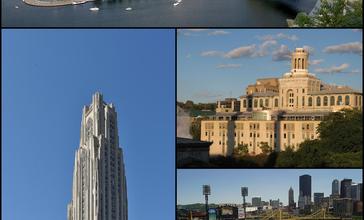
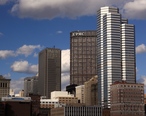
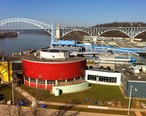
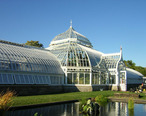
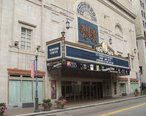
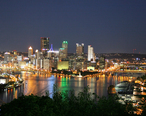

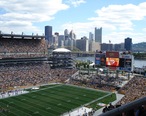
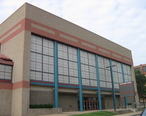

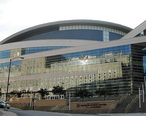
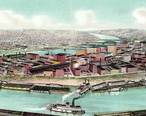
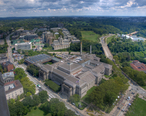
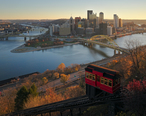
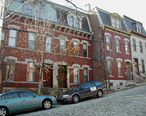
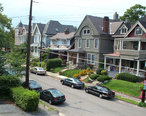









Nice quiet neighborhood